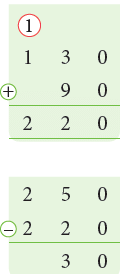Money Class 2 Notes Maths
| Table of contents |

|
| What Is Money? |

|
| What are Notes (Paper Money)? |

|
| What are Coins (Metal Money)? |

|
| Expressing Money |

|
| Problems Based on Real Life Situations |

|
What Is Money?
We need money to buy things. Money can be in form of a note or a coin. In India, currency is used in the form of rupees and paise.

Rupees and Paise
1 rupee (₹1) = 100 paise (100 p).
Symbol: ₹ for rupees, p for paise.

What are Notes (Paper Money)?
Notes are made of special paper (and sometimes plastic) and are flat and rectangular.
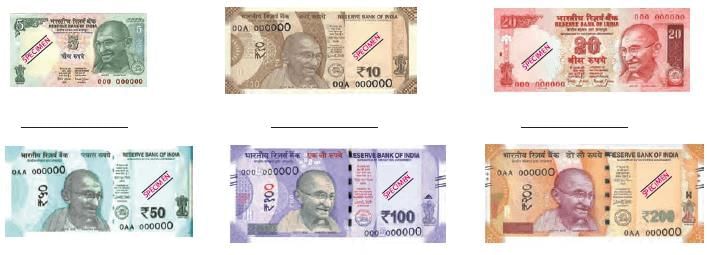
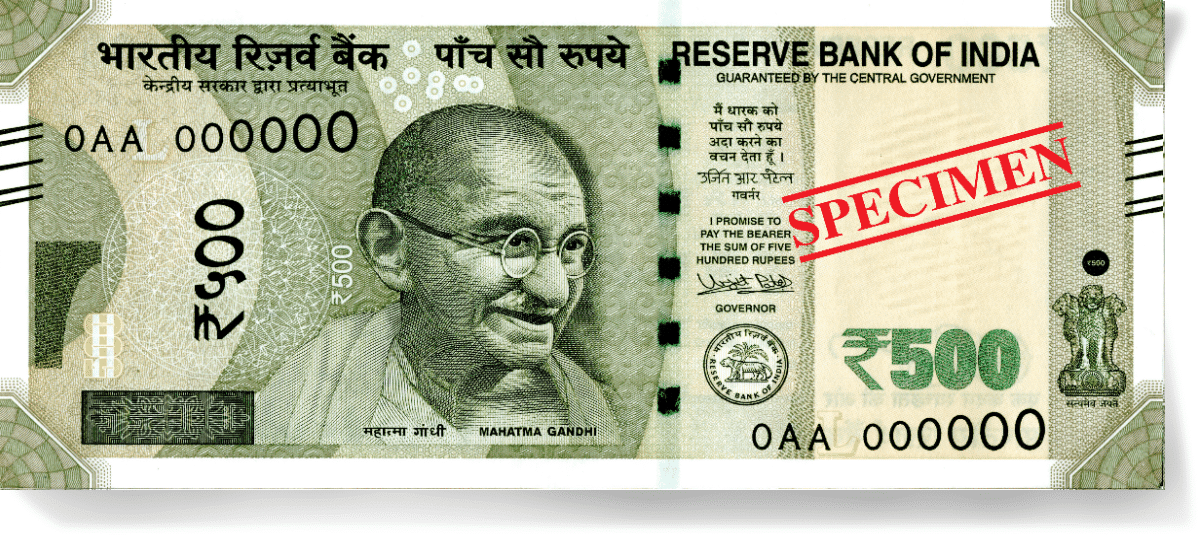
Each note shows a number that tells us its value, for example:
₹10, ₹20, ₹50, ₹100, ₹200, ₹500
Notes are light and easy to carry in a wallet or purse.
They usually have pictures of Indian leaders, animals, or symbols printed on them.
What are Coins (Metal Money)?
Coins are round pieces made of metal.
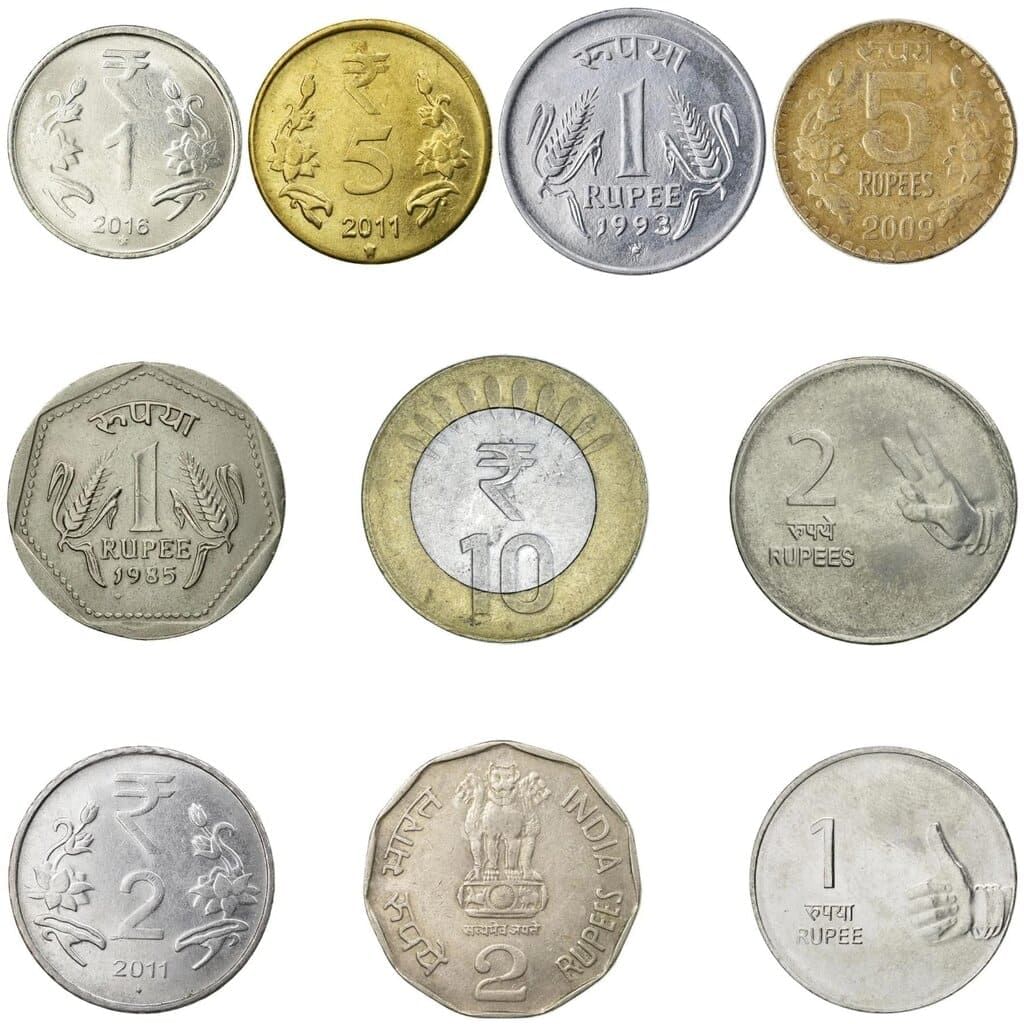
They feel heavy and make a clinking sound when you drop them!
Common coin values in India:
50 p (paise), ₹1, ₹2, ₹5, ₹10
Coins are good for small amounts because they don’t tear like paper.
- We can combine small coins or notes to get larger value of money.
- 10 rupees can be got by combining different coins as:
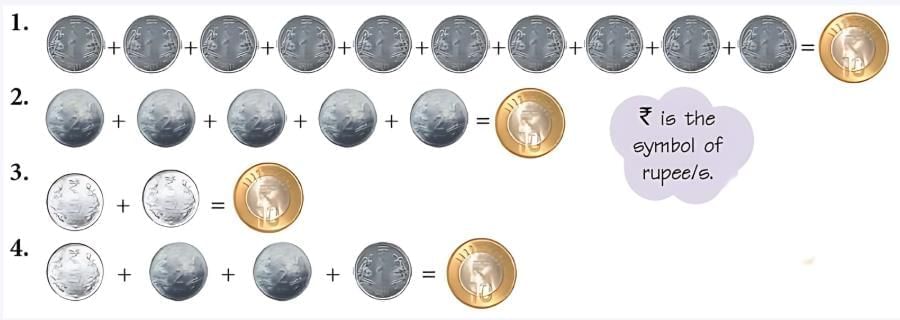
Expressing Money
How to express or write money together when we take rupees and paise separately?We write rupees as ‘₹’ and paise as ‘p’.
We use a point or dot(.) to separate rupees and paise.
For example:
Sonu purchased a toy car in 125 rupees and 75 paise. How can we express this money?
We can express it as ₹125.75.
We can write 10 rupees as ₹10.00 as it has no paise.
Problems Based on Real Life Situations
Example 1: A book costs ₹ 130 and a pencil box costs ₹ 90. Mona gives ₹ 250 to a shopkeeper to buy these two things. How much money does she get back?
Cost of the book = ₹ 130
Cost of the pencil box = ₹ 90
Total cost of the two items = ₹ 130 +₹ 90 = ₹ 220
Money given to the shopkeeper = ₹ 250
Total amount spent = ₹ 220
So, money returned = ₹ 250 – ₹ 220 = ₹ 30
Mona gets back ₹ 30.
Example 2: Monty bought a packet of crayons for ₹ 25 and an ice-cream for ₹ 12. How much money did he spend?
To find out how much money Monty spent in total, we need to add the prices of both items:
- ₹ 25 (for crayons)
- ₹ 12 (for ice-cream)
Now, let's add:
- 25 + 12 = 37
So, Monty spent ₹ 37 in total.
|
32 videos|79 docs|77 tests
|
FAQs on Money Class 2 Notes Maths
| 1. What is the importance of financial literacy? |  |
| 2. How can I improve my financial literacy? |  |
| 3. What are some common money management mistakes to avoid? |  |
| 4. How can I create a budget to manage my money effectively? |  |
| 5. What are the benefits of saving and investing money? |  |

